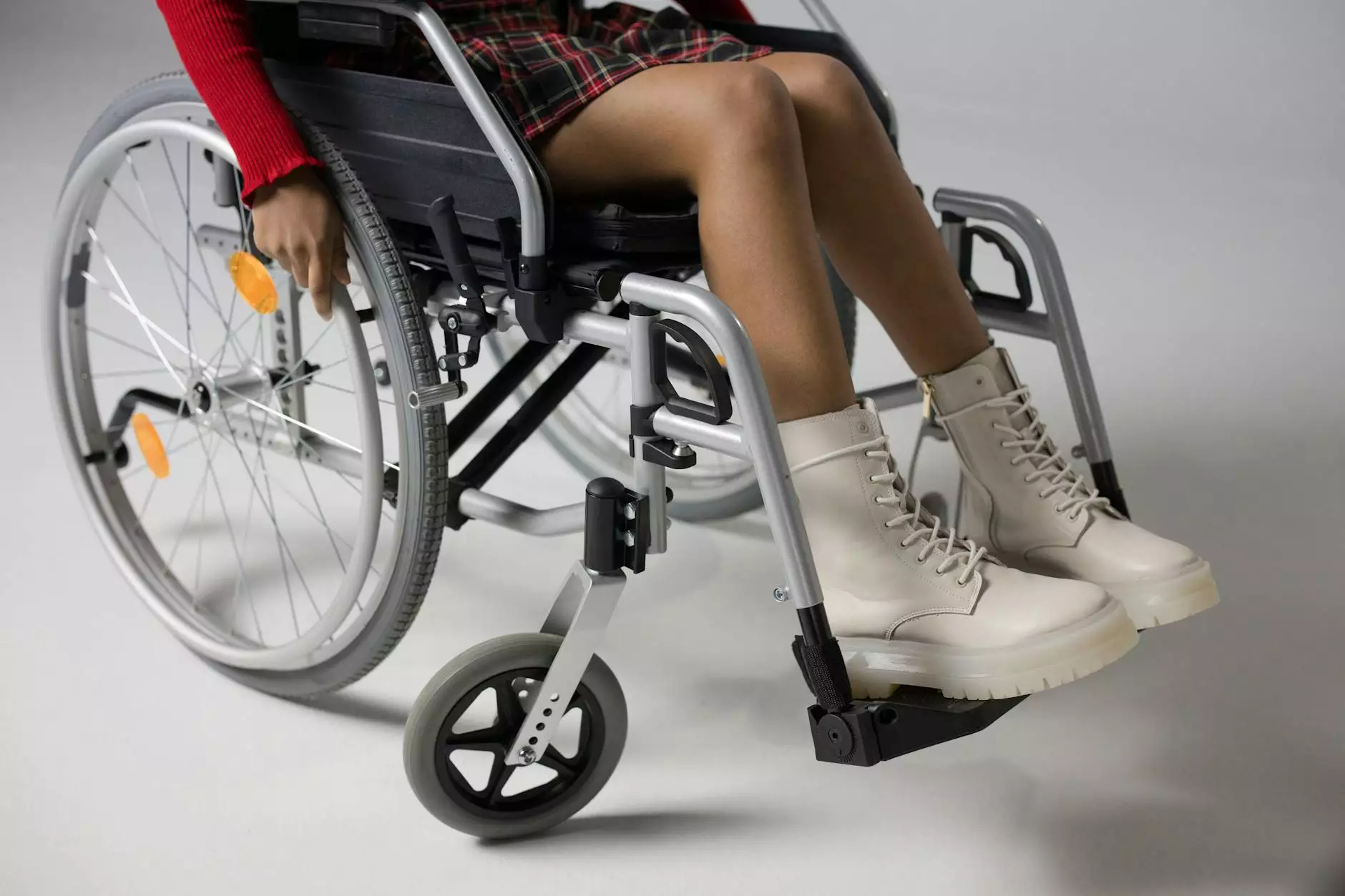The Integral Role of Medical Datasets for Machine Learning in Modern Healthcare

In today's rapidly evolving technological landscape, the integration of machine learning into various sectors has transformed the way we understand and approach complex problems. One particularly impactful area is healthcare, where medical datasets for machine learning play a pivotal role. These datasets serve not only as the foundation for developing advanced algorithms but also as tools that enhance patient care, optimize operations, and lead to groundbreaking discoveries.
Understanding Medical Datasets
Before we dive into the applications of medical datasets for machine learning, it is essential to understand what constitutes these datasets. Medical datasets typically comprise a large volume of health-related data collected from various sources. This data can include:
- Patient Demographics: Age, gender, ethnicity, etc.
- Clinical Data: Diagnoses, treatments, lab results, etc.
- Imaging Data: X-rays, MRIs, and CT scans.
- Genomic Data: Information derived from genome sequencing.
- Electronic Health Records (EHR): Comprehensive records of patient health over time.
The huge variety of data types means that machine learning can analyze vast amounts of information, identifying patterns that would otherwise remain hidden to human observers.
The Importance of Datasets in Machine Learning
The effectiveness of machine learning heavily relies on the availability of high-quality data. In the context of healthcare, this means that medical datasets for machine learning need to be:
- Comprehensive: Covering various aspects of health and demographics to ensure diverse insights.
- Accurate: Free from errors which could lead to incorrect conclusions.
- Representative: Reflecting the true population it is intended to analyze to avoid biases.
- Accessible: Made available for researchers and healthcare professionals to innovate effectively.
The quality of the dataset directly affects the performance of machine learning models. Inaccurately labeled or biased datasets can lead to poor predictions or discriminatory practices, which is particularly sensitive in the healthcare sector.
Applications of Medical Datasets for Machine Learning
With the right medical datasets, machine learning can lead to significant advancements in various applications within healthcare. Here are a few key areas where these datasets are making a difference:
1. Predictive Analytics
Machine learning models can analyze historical patient data to predict future outcomes. For instance, models developed using medical datasets for machine learning can forecast the likelihood of a patient developing a specific condition based on their health history and lifestyle factors. This predictive capability empowers healthcare providers to take proactive measures, improving patient outcomes.
2. Personalized Medicine
Different patients respond differently to treatments. By utilizing medical datasets for machine learning, clinicians can tailor treatments based on individual patient characteristics, leading to improved effectiveness and fewer side effects.
3. Drug Discovery and Development
Machine learning algorithms can process vast datasets to identify potential drug candidates, predict their effectiveness, and streamline the testing process. This capability accelerates the overall drug discovery timeline, ultimately bringing new medications to market faster.
4. Radiology and Imaging Analysis
In radiology, machine learning models trained on imaging datasets can assist radiologists by identifying abnormalities in X-rays, MRIs, and CT scans with high accuracy. This technology not only enhances diagnostic capabilities but also reduces the burden on healthcare professionals.
5. Operational Efficiency
Healthcare organizations are continuously looking for ways to improve operational efficiency. By analyzing data from various sources, machine learning can optimize staffing, predict patient admissions, and streamline processes, resulting in better resource allocation.
Challenges in Using Medical Datasets for Machine Learning
Despite the potential of medical datasets for machine learning, there are several challenges that must be addressed:
- Data Privacy: Ensuring patient confidentiality and compliance with regulations such as HIPAA is paramount. Ethical considerations around data usage must be thoroughly considered.
- Data Standardization: Given that data comes from various systems, standardizing formats and terminologies remains a significant hurdle.
- Bias in Datasets: If datasets are not representative of the broader population, machine learning models can perpetuate or even exacerbate existing health disparities.
- High-Quality Annotation: For supervised learning, having datasets with accurately labeled data is critical, which requires substantial efforts and expertise.
Future Trends in Medical Datasets and Machine Learning
The future of healthcare powered by medical datasets for machine learning is promising. Here are several emerging trends:
1. Enhanced Interoperability
As healthcare systems adopt standardized protocols and practices, interoperability among different data sources will drastically improve. This will aid in creating more comprehensive datasets that can be analyzed effectively.
2. Use of Real-World Data
There is an increasing interest in using real-world data, including patient-generated data from wearables and mobile devices. This information provides insights into how treatments are working outside of controlled environments, leading to better patient management.
3. Integration of AI with Genomic Data
The combination of artificial intelligence with genomic datasets will pave the way for breakthroughs in personalized medicine. The ability to predict patient responses based on their genetic makeup is a game-changer for treatment strategies.
4. Democratization of Data
Efforts are underway to make medical datasets more accessible to a broader range of researchers and startups. This democratization can drive innovation and accelerate the discovery process across multiple sectors.
Conclusion
In conclusion, the use of medical datasets for machine learning is revolutionizing the healthcare landscape. By providing invaluable insights into patient care, treatment efficacy, and operational efficiency, these datasets are ushering in a new era of data-driven healthcare. However, to fully unlock their potential, it is crucial that we address the associated challenges and strive for quality, ethical data practices. As we look toward the future, the continuous evolution of both machine learning and medical datasets promises to enhance our understanding of health and improve patient outcomes globally.
medical dataset for machine learning








